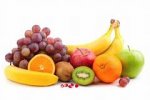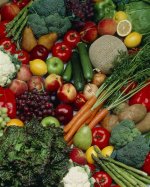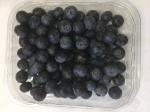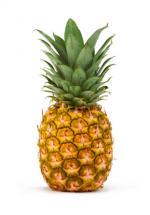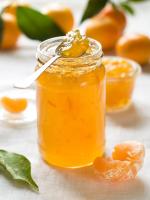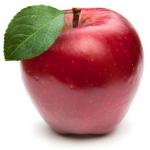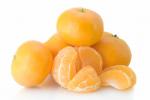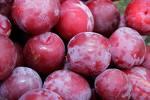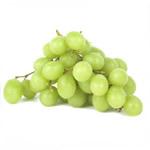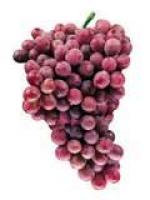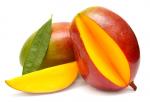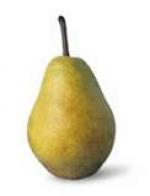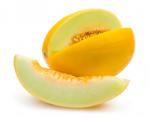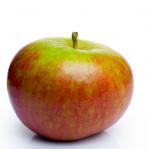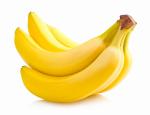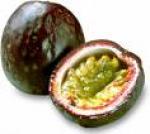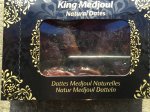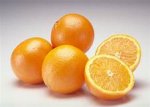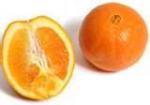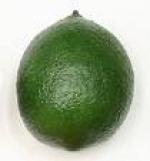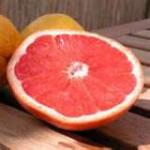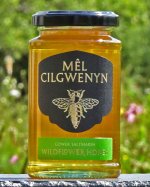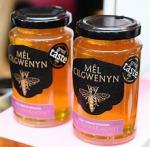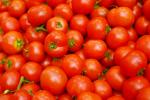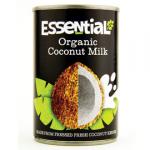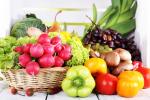
Fresh Fruit and Vegetables
Swansea, Mumbles & Gower
Tel: 01792 366241
Tel: 01792 367255
Fruit
SPECIAL OFFER Seville Marmalade Oranges - New Season Spanish 1.3KG & 2 Lemons
More Info1216
INGREDIENTS
1.3kg Seville orange
2 lemons - juice only
2.6kg preserving or granulated sugar
Method
Put the whole oranges and lemon juice in a large preserving pan and cover with 2 litres/4 pints water - if it does not cover the fruit, use a smaller pan. If necessary weight the oranges with a heat-proof plate to keep them submerged. Bring to the boil, cover and simmer very gently for around 2 hours, or until the peel can be easily pierced with a fork.
Warm half the sugar in a very low oven. Pour off the cooking water from the oranges into a jug and tip the oranges into a bowl. Return cooking liquid to the pan. Allow oranges to cool until they are easy to handle, then cut in half. Scoop out all the pips and pith and add to the reserved orange liquid in the pan. Bring to the boil for 6 minutes, then strain this liquid through a sieve into a bowl and press the pulp through with a wooden spoon - it is high in pectin so gives marmalade a good set.
Pour half this liquid into a preserving pan. Cut the peel, with a sharp knife, into fine shreds. Add half the peel to the liquid in the preserving pan with the warm sugar. Stir over a low heat until all the sugar has dissolved, for about 10 minutes, then bring to the boil and bubble rapidly for 15- 25 minutes until setting point is reached.
Take pan off the heat and skim any scum from the surface. (To dissolve any excess scum, drop a small knob of butter on to the surface, and gently stir.) Leave the marmalade to stand in the pan for 20 minutes to cool a little and allow the peel to settle; then pot in sterilised jars, seal and label. Repeat from step 3 for second batch, warming the other half of the sugar first.
Tip
Make it your own
Fresh ginger marmalade: Peel 100g/4oz fresh root ginger and slice thinly. Tie in two muslin bags and bruise with a rolling pin to release its natural juices. Add one bag to pan at step 3, once sugar has dissolved. Continue as before with the second ginger bag and the second batch; remove ginger just before potting.
Recipe from Good Food magazine, January 2002
6
INGREDIENTS
1.3kg Seville orange
2 lemons - juice only
2.6kg preserving or granulated sugar
Method
Put the whole oranges and lemon juice in a large preserving pan and cover with 2 litres/4 pints water - if it does not cover the fruit, use a smaller pan. If necessary weight the oranges with a heat-proof plate to keep them submerged. Bring to the boil, cover and simmer very gently for around 2 hours, or until the peel can be easily pierced with a fork.
Warm half the sugar in a very low oven. Pour off the cooking water from the oranges into a jug and tip the oranges into a bowl. Return cooking liquid to the pan. Allow oranges to cool until they are easy to handle, then cut in half. Scoop out all the pips and pith and add to the reserved orange liquid in the pan. Bring to the boil for 6 minutes, then strain this liquid through a sieve into a bowl and press the pulp through with a wooden spoon - it is high in pectin so gives marmalade a good set.
Pour half this liquid into a preserving pan. Cut the peel, with a sharp knife, into fine shreds. Add half the peel to the liquid in the preserving pan with the warm sugar. Stir over a low heat until all the sugar has dissolved, for about 10 minutes, then bring to the boil and bubble rapidly for 15- 25 minutes until setting point is reached.
Take pan off the heat and skim any scum from the surface. (To dissolve any excess scum, drop a small knob of butter on to the surface, and gently stir.) Leave the marmalade to stand in the pan for 20 minutes to cool a little and allow the peel to settle; then pot in sterilised jars, seal and label. Repeat from step 3 for second batch, warming the other half of the sugar first.
Tip
Make it your own
Fresh ginger marmalade: Peel 100g/4oz fresh root ginger and slice thinly. Tie in two muslin bags and bruise with a rolling pin to release its natural juices. Add one bag to pan at step 3, once sugar has dissolved. Continue as before with the second ginger bag and the second batch; remove ginger just before potting.
Recipe from Good Food magazine, January 2002
1076
Our award winning Welsh honey is gathered locally from the surrounding wildflowers with each colony specially selected ensuring quality remains throughout. Our Welsh honey is filtered delicately three times without heat and bottled on site ensuring that the quality of the product remains pure and raw, naturally rich in pollen just as nature intended straight out of the beehive.
By choosing an item from one of the sub shops ( Olives & Oils or Davies,s Bakery ) WE ARE NOT ABLE TO DELIVER NEXT DAY . So your order will automaticaly be moved onto the following day.
.
